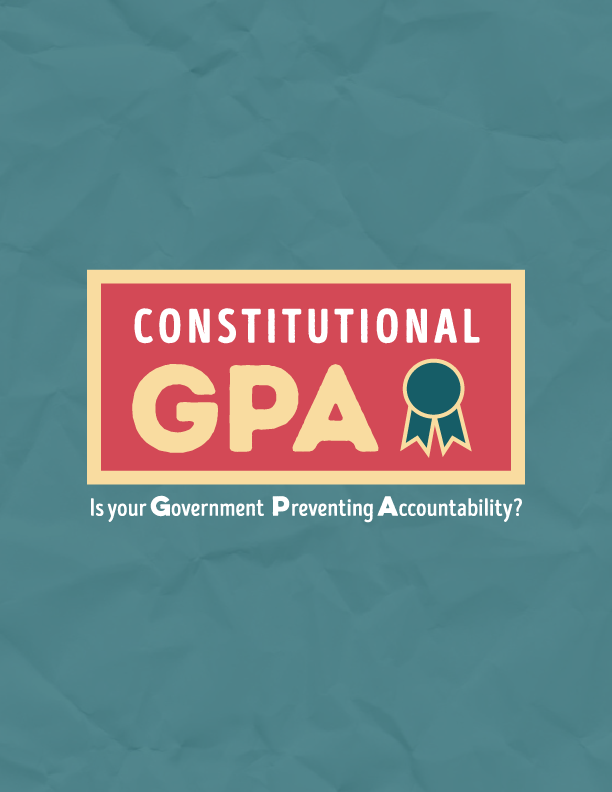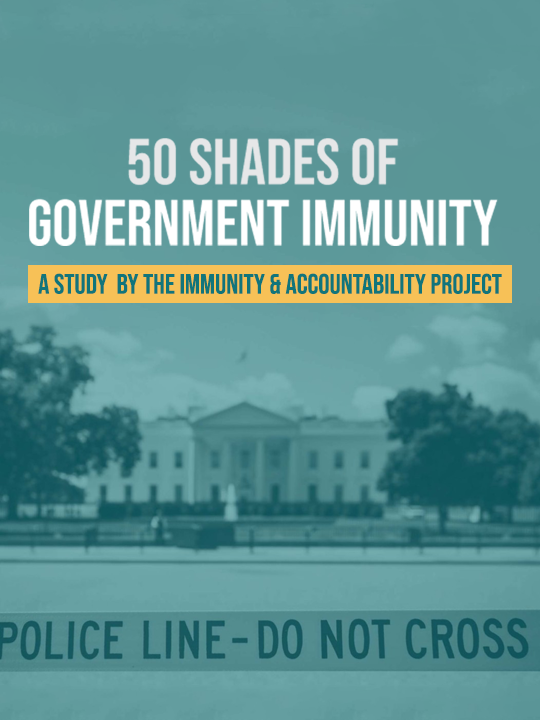Qualified immunity is a special protection for government officials. Under the doctrine, officials cannot be sued for violating a person’s rights unless the person can show that the officials’ conduct was a “clearly established” constitutional violation. Created by the U.S. Supreme Court four decades ago to give officials leeway to make reasonable mistakes without facing lengthy litigation, onerous discovery, or financial ruin, qualified immunity exploded into the public’s consciousness in 2020 with the national debate over police misconduct. Since then, it has become perhaps America’s most controversial legal doctrine. However, critics have long argued that qualified immunity makes it too difficult for victims of abuse to seek justice and ends up shielding officials who intentionally, maliciously, or unreasonably trample our rights.
This study adds new evidence to the record using the largest ever collection of federal appellate cases, covering the 11-year period from 2010 through 2020. It is the first to use cutting-edge automated techniques to parse thousands of federal circuit court opinions and answer key questions about qualified immunity. The results suggest qualified immunity shields a much wider array of officials and conduct than commonly thought and add to a growing body of research finding the doctrine protects officials too much and our rights too little, all while failing to achieve its goals.
Key Findings
5,526
Between 2010 and 2020, federal appellate courts heard a large and growing number of qualified immunity appeals—at least 5,526 in all.
2,000
Nearly 2,000 of those appeals were special immediate appeals filed by government officials after they were denied qualified immunity.
20%
More than 20% of qualified immunity appeals involved neither police nor prison officials.
18%
Nearly 1 in 5 qualified immunity appeals involved alleged First Amendment violations—often premeditated retaliation for disfavored speech or another protected activity.
23%
Only 23% of qualified immunity appeals involved police accused of excessive force.
3 in 5
Nearly 3 in 5 qualified immunity appeals were resolved solely in favor of government defendants.
Press Release
Check out this report's press release and contact our media team member for additional information.
Related Reports

Immunity and Accountability
Constitutional GPA
Constitutional rights only exist if they can be enforced. But a confusing patchwork of immunity doctrines and special rules often means they cannot be. Chief among the doctrines that prevent constitutional accountability is qualified immunity,…

Immunity and Accountability
50 Shades of Government Immunity
Americans Deserve Their Day in Court: New study ranks states on access to justice and government accountability…



